Column

freepik
I was born in Dhaka city. My parents came to Dhaka in 1948 from Kolkata where my father grew up and was working in a bank. He was transferred to a branch in Dhaka. He was born in the Keroa village of Raipur upazila of Lakshmipur/Noahlhali but was raised mostly by his elder sister in Kolkata, a city he always loved.
His elder sister's husband was later the Editor of Pakistan's English newspaper 'Dawn' after 1947 and close to Jinnah and his Pakistan and lived In Karachi. He was a passionate Pakistani but my father was an insistently Bangladeshi.
My dada- grandfather- is buried in Keroa, my phupa in Karachi, my father in Dhaka. My father's only brother lies in Kolkata. My father's move to Calcutta severed the umbilical cord to Raipur for him and for us. We don't have any 'country-village'. No "desher bari'' if you will.
My mother's side
My mother was born in Hooghly/Janai district of West Bengal, but grew up in Shillong, Assam where Nana ran a business. Ma's marriage and first two children were born in Kolkata. Mother saw the riots of 1946 and an innocent milkman being killed on the street next to her home. Every housewife and mother in the para shouted from the balcony, "He is not a Hindu, he is a milkman." His profession was his identity to them not his ancestral faith but not to the killers. She hated the "city of killers" as she called it.
I once interviewed my relatives who came from India- my mother's side. I found no nostalgia in the words of my mother and aunt for their pre- 1947 past. In my mother's words, "Why should I be an Indian, this is my country." All her maternal uncles and cousins said the same. Where the family is, that is where the homeland is.
We were looked after as children by a man from my mother's village whom we called 'Kalo chahcha ". He worked as a jewelry polisher in a Kolkata shop in a Hindu area in 1946. He was stabbed in the head and his body was left in the drain to die. There was no one around to scream and say, " He is not a Muslim, he is just a villager boy who polishes jewelry we all wear. "
He survived because his death was not yet stamped on his forehead. The police took him to be dead and finding still alive took him to the hospital. On his head was a large lump of congealed flesh. We used to feel that lump with our hands as kids. He later used to sell achar on the streets of Dhaka. Is he a Muslim or a refugee or what? Where is his homeland?
Meaning of desh
In the 1980s I did a small study on people's idea of a country and homeland, largely what people think of "desh". I found that not everyone related to the word 'country'. To most people "home, homeland and desh" means the same and it's usually their village, at most the union. The state concept doesn't exist or isn't strong at all among most.
And who exactly am I? Having lived everywhere and returned from Canada to a country everyone trashes? But where is this country? Where does the homeland live?
A villager means 'country' meaning his own village. The city is not his country, the city is the place of work. Recently, many people in the village have migrated, so their world has become much bigger. This is coming up in research I've been involved with lately. Thinking about the country is not uniform for everyone. The idea that our institutional 'country' means flag, government, and state power is not as influential as we would like to think.
A multiple identity and word?
The definition of country in society and politics is not the same for everyone. There are villages, districts, upazilas, neighborhoods, and families in the country. The country is a combination of multiple realities, nothing specific. Where is my country? What do you mean by country?
The state, the flag, the land are all part of the country. But people's real country probably lives inside their heart. Family, village, neighborhood, childhood school, university hangout, work place, love, friends, relatives, sports teams, familiar unfamiliar people are all together part of one reality. In fact, the country is probably an abstract reality, which lives only in the mind. "In ast watanam" as the character Abdur Rahman in Syed Mujataba Ali's travelogue on Afghanistan- Deshe Bideshe says, "this is my country".
To each his own imagination, love and reality of what a homeland is.









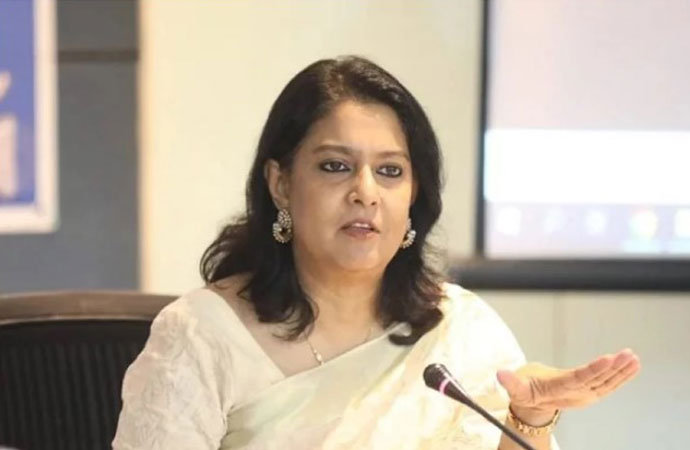
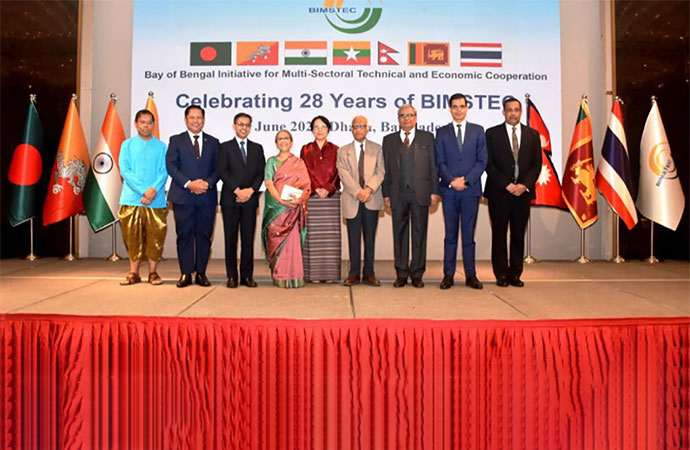








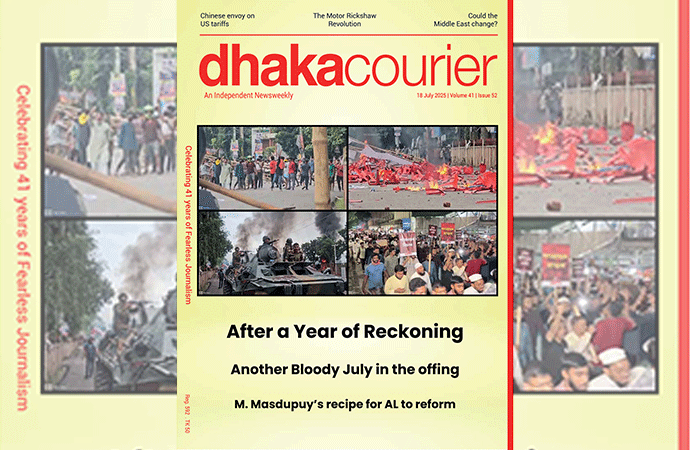
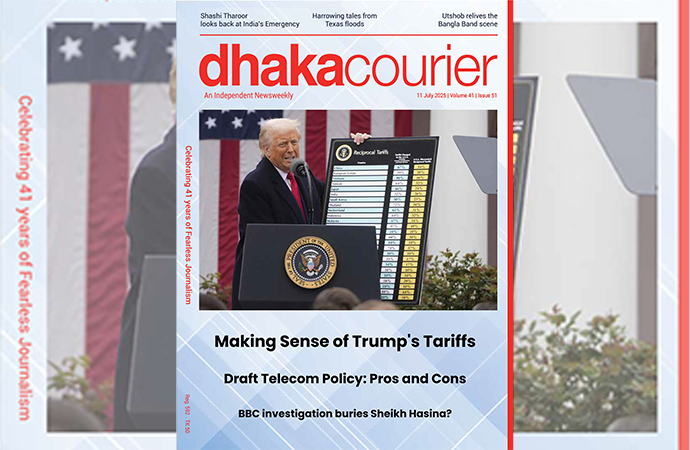
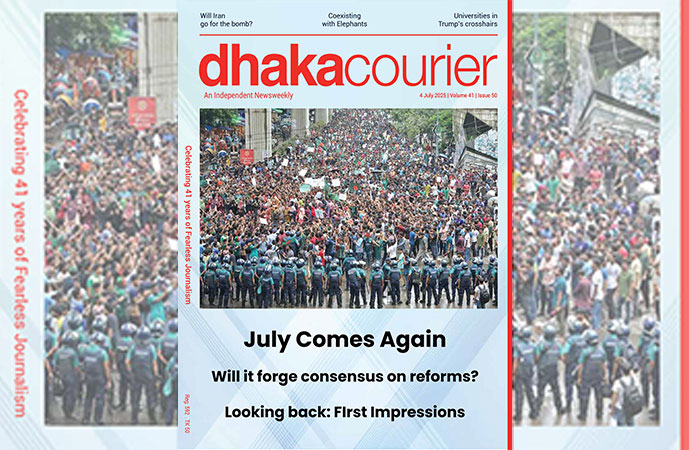
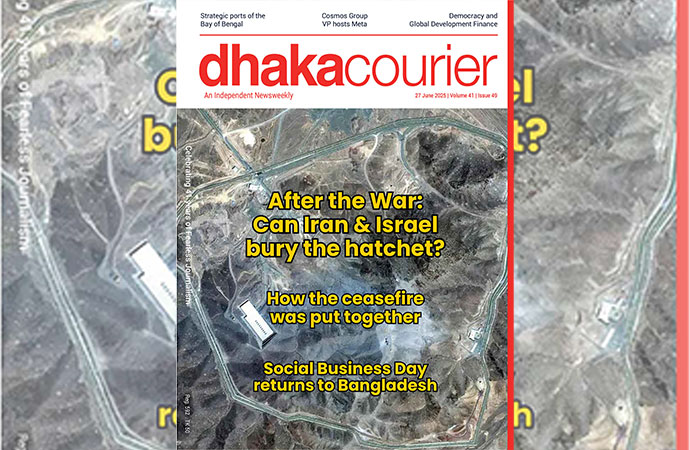
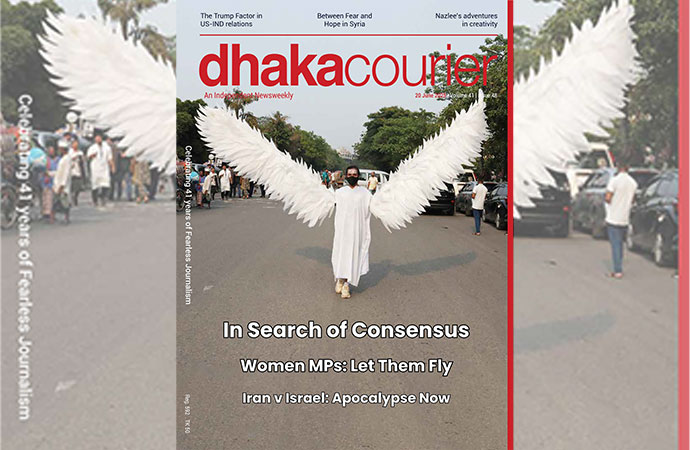
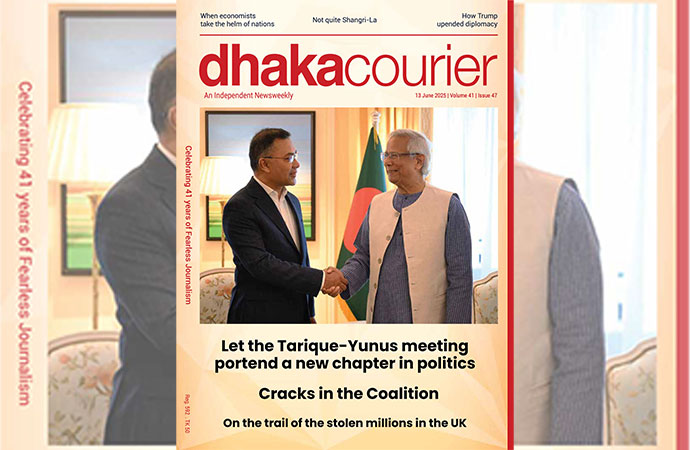
Leave a Comment
Recent Posts
The Northeastern Question
When secessionist movements sprang up across the Eastern European part ...
Trump’s Tariff: How far should ...
Will Bangladesh manage to get a last minute reprieve on its 'Trump tar ...
Rivers, Peaks, and Expressions – My Experience at th ..
What lies behind the alarming spike in violence agai ..
A Himalayan choice
Twenty Palestinians were killed at a food distributi ..